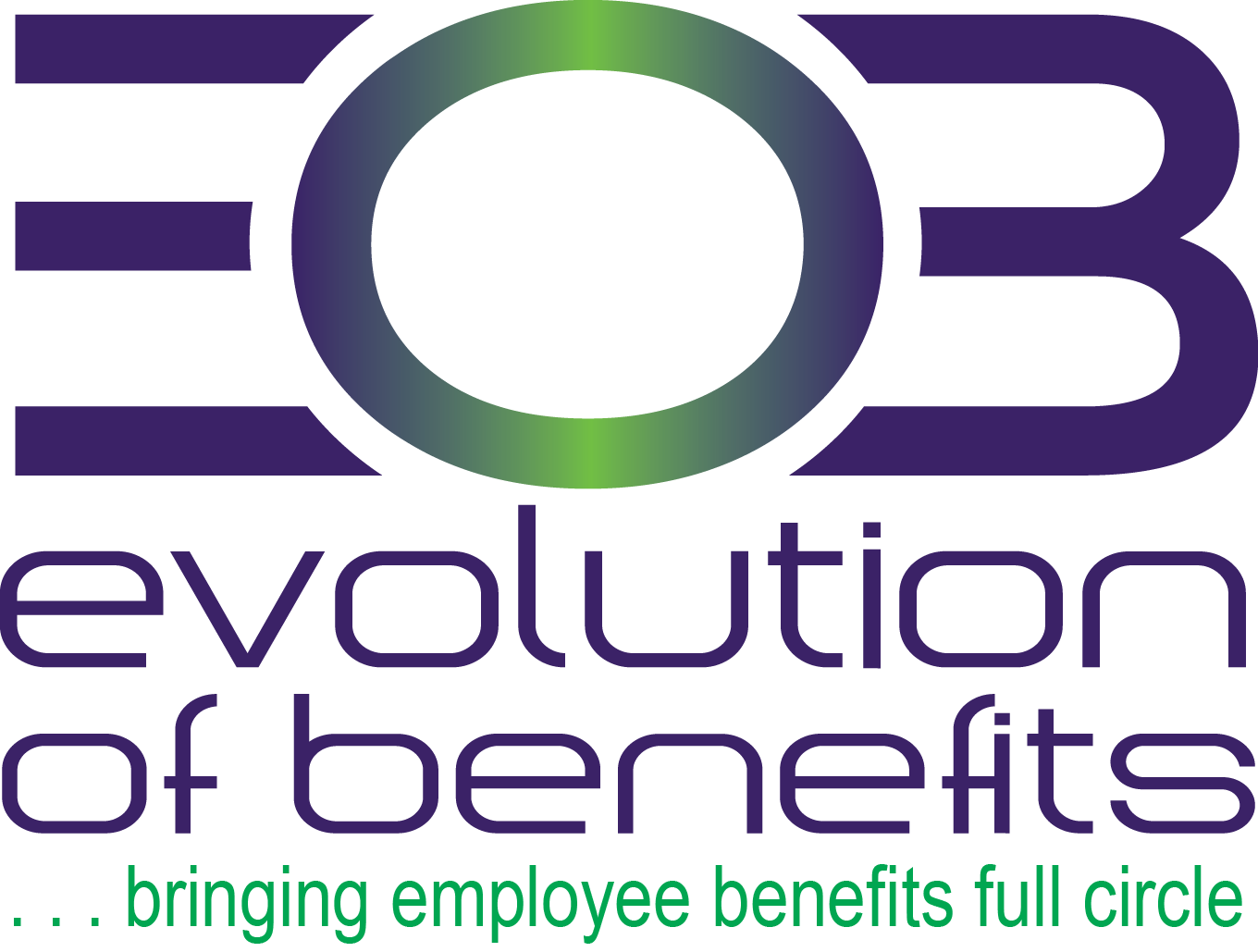Live Well, Work Well – Don’t Forget; It’s National Blood Donor Month (January)

Winter is one of the most challenging times of the year to collect enough blood products and donations to meet patient needs. That’s why National Blood Donor Month is celebrated every January.
This year’s national health observance comes as the nation’s blood supply has dropped to concerning levels and could delay essential blood and platelet transfusions. Blood donors of all blood types—particularly type O blood—are needed to give blood or platelets to help meet daily hospital demands.
View and download the latest Live Well, Work Well newsletter
Live Well, Work Well – Prioritizing Your Emotional Well-being During the Holidays

While the holiday season and end-of-year parties can be full of festive fun, they can also be stressful and take a toll on your emotional well-being. Putting your emotional wellness on the backburner may cause mood changes and feelings of irritability, hopelessness and isolation.
The holidays can be a stressful time due to the intensified focus on family, work and money.
View and download the latest Live Well, Work Well newsletter
Live Well, Work Well – How to Recession-proof Your Life

Many Americans and economists think rising inflation issues, interest rates and housing costs may be warning signs of a looming recession. According to a Bankrate poll, nearly 7 in 10 Americans are worried about the possibility of a recession before the end of next year. Unfortunately, many Americans don’t feel prepared for an economic downturn.
More than 40% of Americans don’t think they’d be prepared for a recession if it were to happen by 2023.
View and download the latest Live Well, Work Well newsletter
Live Well, Work Well – What to Know About This Year’s Flu Season

Influenza (flu) season lasts from October through May in the United States, with peak flu activity happening between December and March. The country’s flu activity has been unusual since the COVID-19 pandemic began, which could pose consequences for the upcoming season.
Furthermore, flu season in the Southern Hemisphere may indicate what’s to come in the United States. In particular, Australia has been experiencing an unusual surge in flu activity early in the season. Health experts now warn that the same could happen in the United States later this year.
View and download the latest Live Well, Work Well newsletter
Live Well, Work Well – The Art of Mindful Eating

Taking time to be mindful of your eating process and not focusing on restricting calories could enhance your awareness of the experience, improve your relationship with food and help you lose weight. Mindful eating can be an essential practice in today’s multitasking world. Multitasking while eating can lead to less satisfaction with your meals, less awareness of the food and, often, overeating.
View and download the latest Live Well, Work Well newsletter
Live Well, Work Well – America’s First Three-digit Mental Health Crisis Line

In today’s supermarket, it’s normal to see the same produce available year-round. However, that The 988 Suicide and Crisis Lifeline (Lifeline) launched nationwide on July 16. Similar to dialing 911 for medical emergencies, people in emotional distress or suicidal crisis can call or text 988 and be connected immediately to trained counselors who will listen, provide support and connect people to resources if necessary.
View and download the latest Live Well, Work Well newsletter
Live Well, Work Well – The Benefits of Seasonal Produce

In today’s supermarket, it’s normal to see the same produce available year-round. However, that doesn’t mean the quality always remains the same. Eating seasonally means you are simply taking advantage of the harvest schedule and enjoying fully mature produce at the peak of its growing season. Seasonal eating can also help encourage you to eat more fruits and vegetables daily.
The 2020-2025 Dietary Guidelines for Americans recommends 2 cups of fruit and 2½ cups of vegetables daily.
- Staying Safe in the Summer Sun
- Sunscreen labels must follow specific guidelines.
- U.S. Drug Overdoses Hit Record High in 2021
- Banana Berry Muffins
View and download the latest Live Well, Work Well newsletter
Live Well, Work Well – EWG Releases 2022 Dirty Dozen List

Every year, the Environmental Working Group (EWG) releases a report ranking pesticide residue levels of fruits and vegetables based on samples taken by the U.S. Department of Agriculture (USDA) and the Food and Drug Administration. This report is designed to help consumers make healthy and informed choices and reduce their exposure to toxic pesticides.
More than 70% of non-organic produce sold in the United States contains potentially harmful pesticide residue, according to the EWG.
The report includes a list of the most pesticide-tainted produce, known as the “Dirty Dozen.” Here’s the 2022 list:
- Strawberries
- Spinach
- Kale, collard and mustard greens
- Nectarines
- Apples
- Grapes
- Bell and hot peppers
- Cherries
- Peaches
- Pears
- Celery
- Tomatoes
View and download the latest Live Well, Work Well newsletter
Live Well, Work Well – What To Know About The Powdered Infant Formula Recall

If you use powdered infant formula, be aware certain Similac, Alimentum and EleCare products have been recalled and should not be used.
The FDA has published a full list of recalled brands. Recalled products should no longer be available for sale; however, check the packaging if you have them in your home to determine if they are included in the recall.
Which powdered infant formula products have been recalled?
Abbott Nutrition has recalled certain powdered infant formula products produced at its Sturgis, Michigan, facility. Products from that facility can be found across the United States, and some were exported to other countries. Here’s how you can tell if you have any of those products.
The FDA recommends consumers look at the lot code, a multidigit number on the bottom of a container of Similac, Alimentum and EleCare powdered infant formula. Do not use the product if all of the following are present:
- The first two digits of the code are 22-37
- The container code contains K8, SH or Z2
- The expiration date is 4-1-2022 or later
View and download the latest Live Well, Work Well newsletter
Live Well, Work Well – Resources To Help Find Infant Formula During The Shortage

To address the infant formula shortage amid medical device and health care company Abbott Nutrition’s voluntary recall of certain powdered infant formulas, the Biden administration is working to ensure that formula is safe and available for families across the country. President Biden spoke with several retailers and manufacturers—including Walmart, Target, Reckitt and Gerber—to discuss ways to get formula quickly and safely onto store shelves. He also announced a series of actions to make formula more accessible, including cutting red tape on the types of formula parents can buy, calling on the Federal Trade Commission and state attorneys general to crack down on price gouging and unfair market practices, and increasing formula supply through increased imports.
If you cannot readily find formula, the U.S. Department of Health and Human Services (HHS) suggests consulting the following resources.
Manufacturer Hotlines
- Gerber’s MyGerber Baby Expert—Reach a certified nutrition or lactation consultant by phone, text, Facebook Messenger, web chat or video call who can help you identify a similar formula that may be more readily available.
- Abbott’s Consumer Hotline—Call 1-800-986- 8540.
- Abbott’s urgent product request line—Ask your OB-GYN or your infant’s pediatrician to submit an urgent product request by downloading and completing this form.
- Reckitt’s Customer Service line—Call 1-800 BABY-123 (222-9123).
View and download the latest Live Well, Work Well newsletter




















